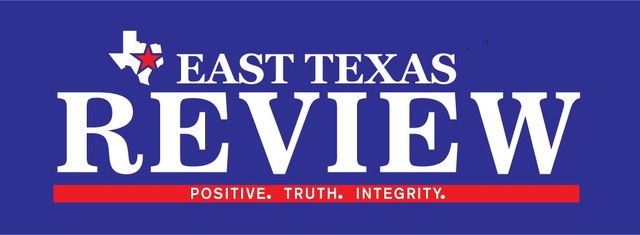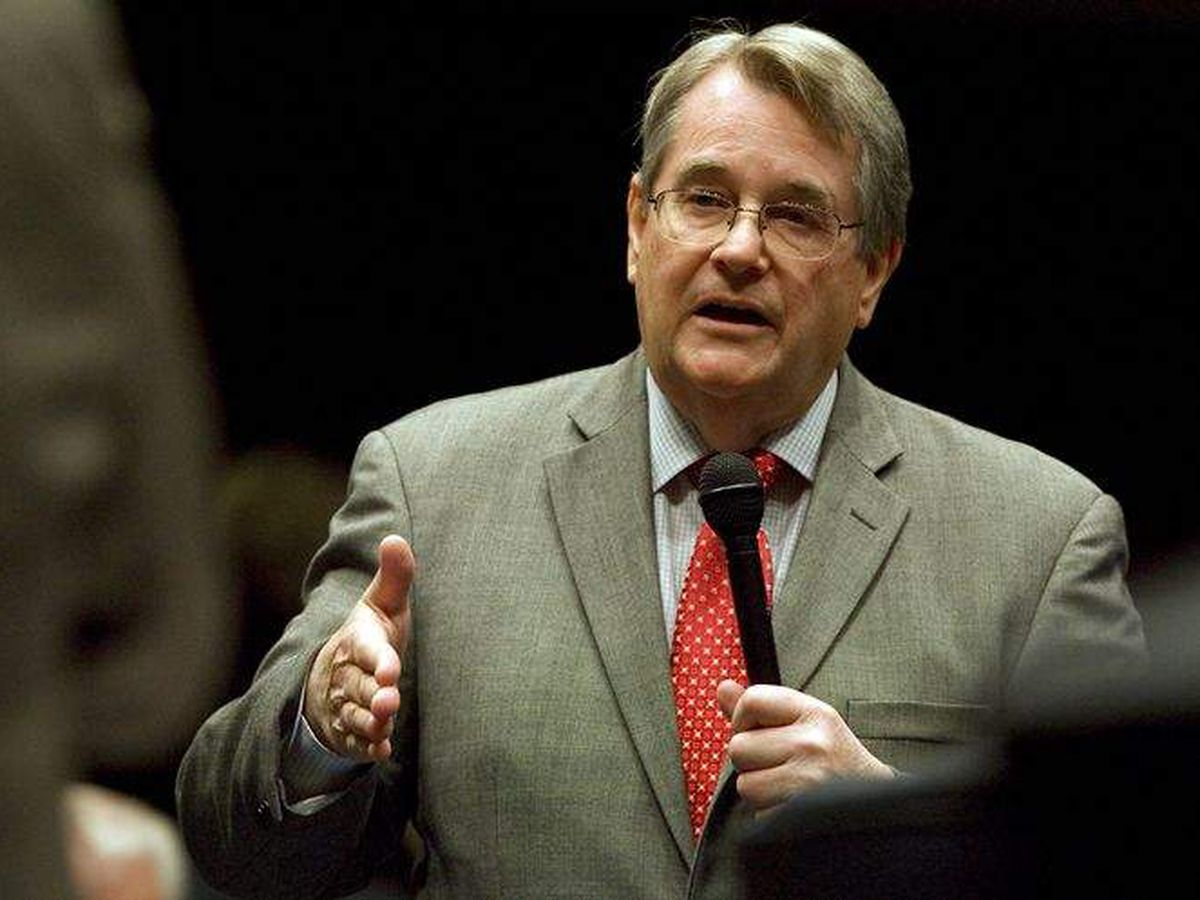
Senate approves sweeping Education Funding Bill
This is not just a funding bill, it’s a long-term commitment to the future of public education.
Conroe Senator Brandon Creighton
By Richard Lee/Special to ETR
The Senate gave final approval to an agreement negotiated between both chambers on how to deliver $8.5 billion in new school funding. “Our two chambers, the House and the Senate, can come together and work together in an efficient manner to do what’s right for Texas students,” said bill sponsor and Conroe Senator Brandon Creighton. The agreement is $500 million more than previous drafts passed out of both chambers, and includes new dedicated allotments for teacher pay, fixed costs, and support-staff raises. If it becomes law, the bill will cap off a decade that saw public education funding more than double, said Creighton, increasing state funding for schools from $44 billion in 2015 to $96 billion, while only adding around 100,000 more students over the same timeframe. Passed unanimously, members like San Antonio Senator José Menéndez said the bill is the product of strong collaboration among all lawmakers. “This is a bill that’s been crafted by many, many hours of hard work with both parties. Both parties, both chambers,” he said.
The final bill keeps the teacher retention allotment through which new teacher pay raises will flow now and in the future. It still distinguishes between smaller, rural districts and large urban districts, offering more to teachers in the former to keep up with their colleagues in the latter. The final amounts are less than what initially passed the Senate; going forward teachers entering the profession in rural areas will see a raise of $4,000 in year three and another $4,000 in year five, with urban teachers receiving $2,500 in year three and another $2,500 in year five. Current teachers will get pay increases commensurate with those years of experience. It will also expand the merit-based Teacher Incentive Allotment, allowing up to half of a district’s teachers to receive bonuses based on excellence in teaching. It also increases the amounts awarded under the program. Another provision new to the bill is an allotment funded with $500 million for raises for non-teaching support staff – people like bus drivers, custodians, and librarians. This covers both full-time and part-time employees.
The bill also retains the $55 increase in the basic allotment, the core figure that is used to calculate per-student funding sent to districts, at a cost of $800 million in state revenue. Creighton said taken as a whole, the bill will raise per-student funding by nearly $600 dollars. “If you calculated the equivalent dollar impact to the basic allotment, for instance, for our districts it would be a $400 to a nearly $1100 equivalent increase to the basic allotment,” he said. It also creates another allotment for fixed costs, helping schools to pay for things like utilities, insurance, increased pension costs that come with increases in teacher salaries, and transportation. This new basic costs allotment is funded at $1.3 billion for the upcoming biennium. School safety spending is also bolstered with an additional $430 million, doubling the per-student and per-campus funding schools will receive to ensure safe campuses and classrooms. There’s $2 billion to expand programs like special education and career and technology training, and will pay up to $1,000 for initial evaluations for students who may qualify for special education services. The bill also looks to improve reading and math outcomes for younger students with more than $400 million for early interventions for students struggling in those subjects.
Last session, the legislature couldn’t reach agreement on a bill to spend $5 billion on teacher pay raises that were attached to the school choice program. This session, with the issues in separate measures, both look to reach the finish line. Governor Greg Abbott has already signed the new education savings account legislation and will soon be able to decide whether to sign the Senate and House agreement into law. Though it was disappointing for teachers to miss out on raises during the last session, Creighton reflected that it may have led to a much more impactful package this session. “Maybe the wait was worth it, because this legislation, HB2, delivers what students and educators truly need and have been asking for,” he said. “This is not just a funding bill, it’s a long-term commitment to the future of public education.”




